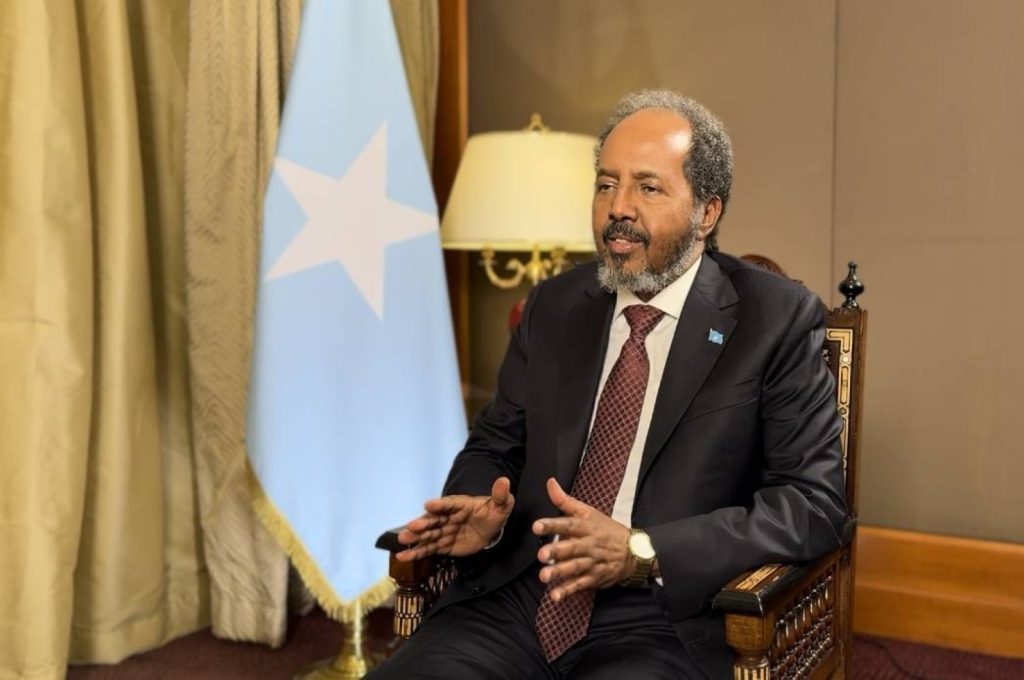Somalia’s President, Hassan Sheikh Mohamud, on Saturday, accused Ethiopia of failing to recognise Somalia as a sovereign nation. The president’s remarks come in response to Ethiopia’s recent agreement with Somaliland, a self-declared independent region.
“Ethiopia refuses to acknowledge Somalia as a sovereign neighbouring country,” President Mohamud said during a national address. “Until it recognises the sovereignty of Somalia, we cannot talk about a sea or any other thing. Ethiopia violated international law.”
Earlier this year, Ethiopia signed a memorandum of understanding with Somaliland, leasing a 20-kilometre (12-mile) stretch of coastline for 50 years. This would grant Ethiopia, one of the world’s largest landlocked nations, long-coveted access to the sea. Somaliland, which declared independence from Somalia in 1991, has claimed that Ethiopia, in return, will become the first country to officially recognise it—a move Addis Ababa has not yet confirmed.

International bodies, including the United States, the European Union, China, the African Union, and the Arab League, have all urged Ethiopia to respect Somalia’s territorial integrity.
Meanwhile, Turkey is mediating indirect negotiations between Somalia and Ethiopia. Turkish Foreign Minister Hakan Fidan noted significant progress following a second round of talks last Tuesday, with a third round scheduled for September 17 in Ankara.
Ethiopia, the second most populous country in Africa with a population of 120 million, has sought access to the Red Sea since losing it in 1993, following Eritrea’s independence. Somaliland, while relatively stable in comparison to the rest of the Horn of Africa, remains unrecognised internationally, despite its strategic location on the straits connecting the Red Sea and the Suez Canal. The region operates its own government, currency, and passport system, but remains impoverished due to its international isolation.


